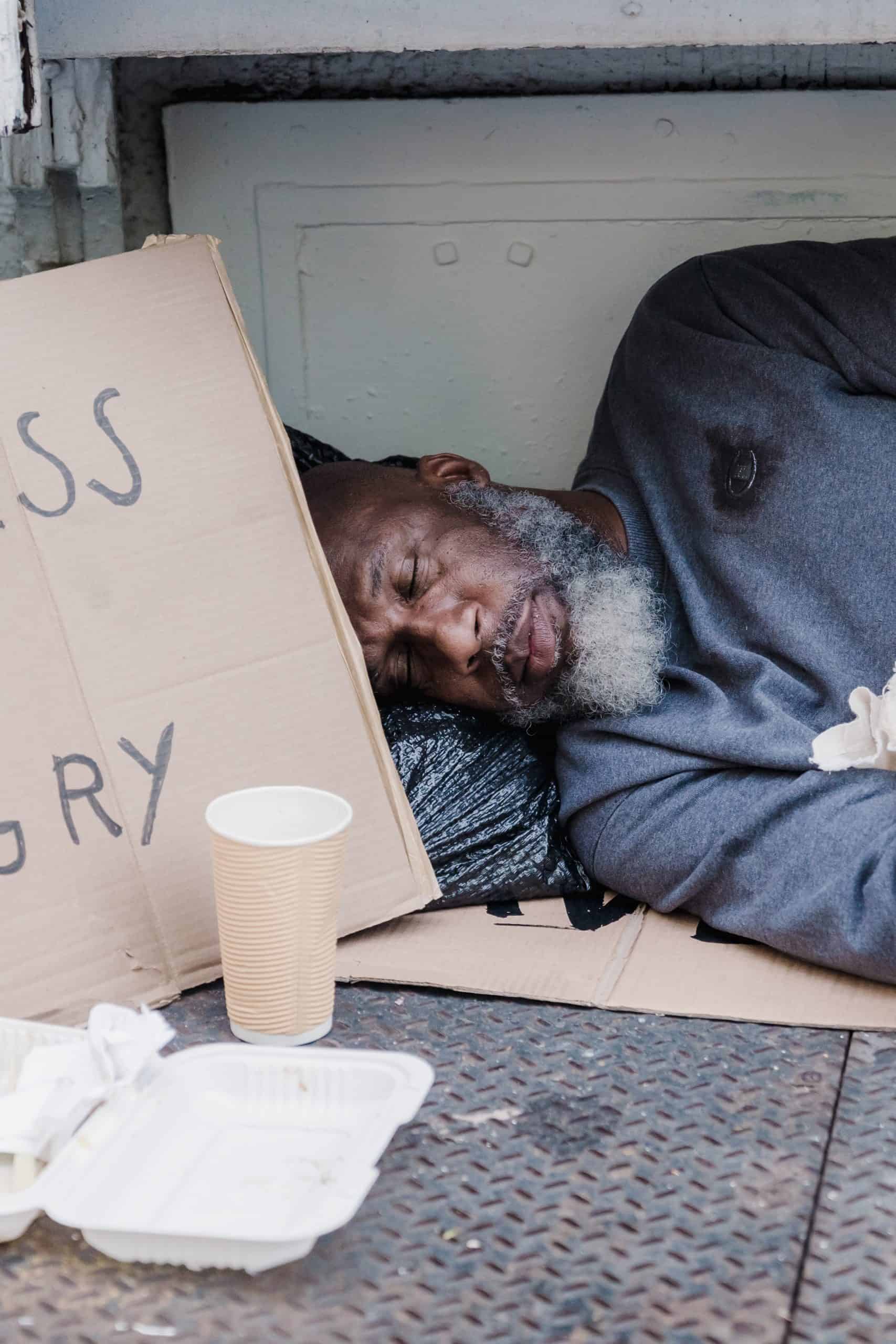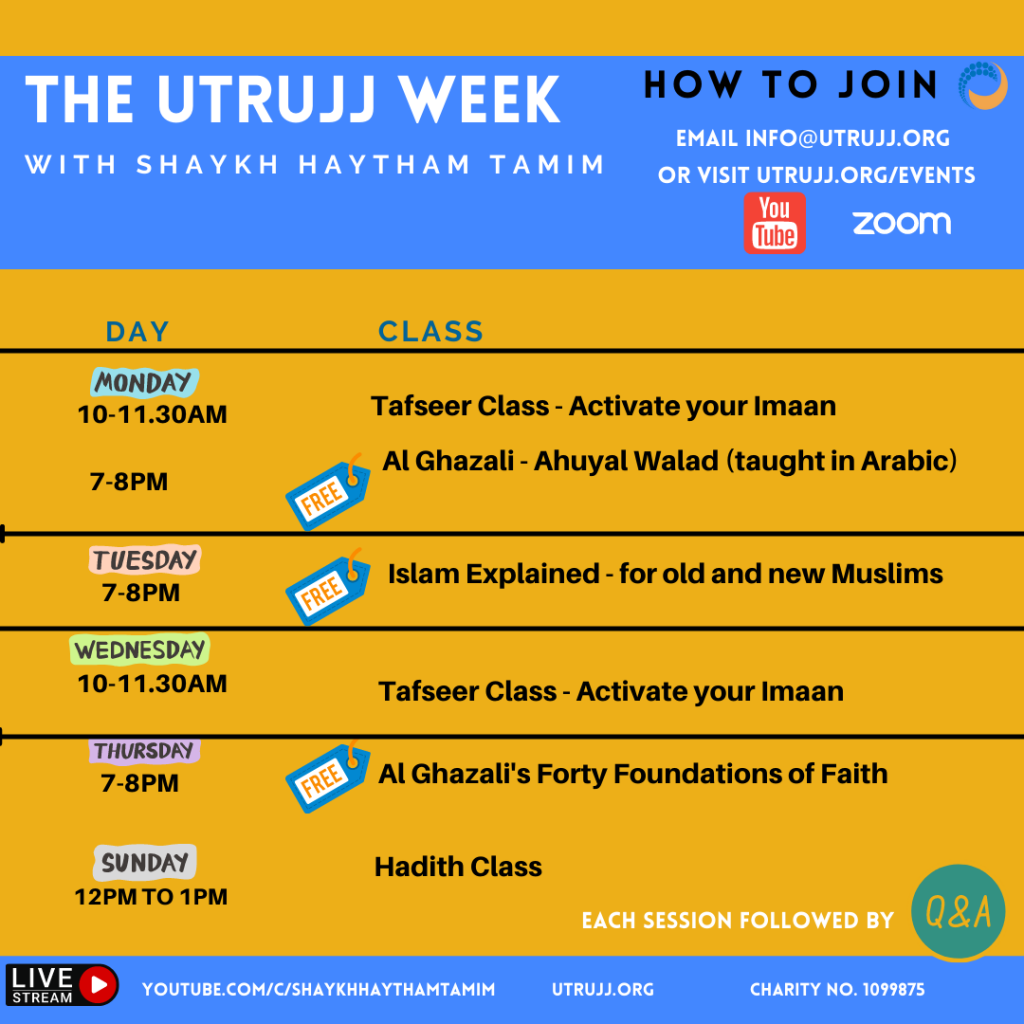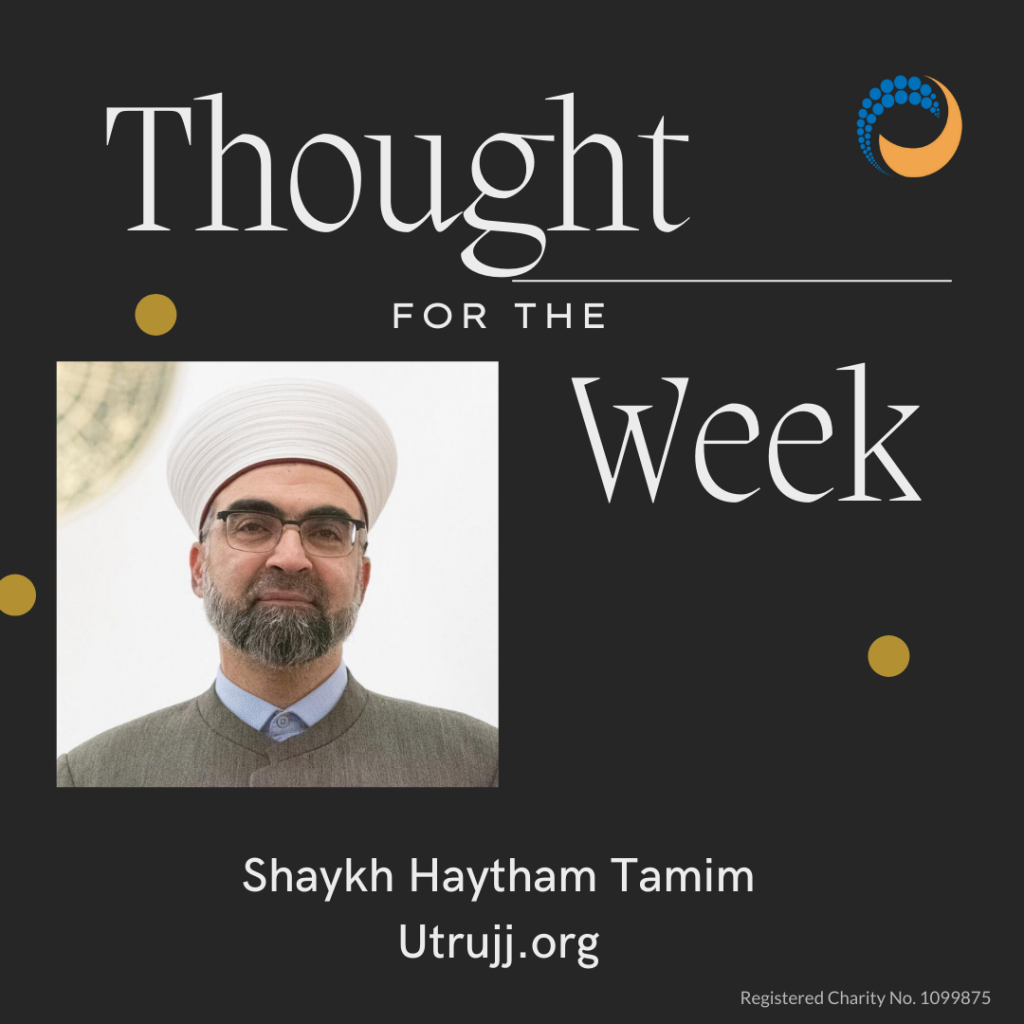Enriching the rich and penalising the poor is a dereliction of responsibility

It is a sin to neglect those in your care
وَعَن عبد الله بن عَمْرو جَاءَهُ قَهْرَمَانٌ لَهُ فَقَالَ لَهُ: أَعْطَيْتَ الرَّقِيقَ قُوتَهُمْ؟ قَالَ: لَا قَالَ: فَانْطَلِقْ فَأَعْطِهِمْ فَإِنَّ رَسُولَ اللَّهِ صَلَّى اللَّهُ عَلَيْهِ وَسَلَّمَ قَالَ: كَفَى بِالرَّجُلِ إِثْمًا أَنْ يَحْبِسَ عَمَّنْ يَمْلِكُ قُوتَهُ. وَفِي رِوَايَةٍ: «كَفَى بِالْمَرْءِ إِثْمًا أَنْ يُضَيِّعَ مَنْ يَقُوتُ . رَوَاهُ مُسلم
Abdallah bin ‘Amr told that a steward of his came to him and he asked him whether he had given the slaves their food. When he replied that he had not, he told him to go and give it to them, for God’s Messenger had said, “It is enough for a person to be considered sinful, that he neglects those whom he is responsible to sustain.” [Muslim]
Another version has,
“It is a serious sin for a man to destroy the one he is bound to sustain.”
Being responsible for those under your care
Commentators on this hadith have said that when the Prophet (peace be on him) said it’s enough for a person to considered sinful’ to neglect those who are under your care, he meant that this one sin alone, even if you had no other sin, is so grave, that it would lead to being cast in hellfire. That is how big a sin it is.
If you are in charge of other people, then Allah will ask you how you fulfilled this responsibility. It’s not a privilege or a badge – it’s a responsibility and a trust. If you didn’t deliver the trust properly, you will regret it on the Day of Judgement. You will wish you had never been given this position.
People often compete to get into positions of authority, but forget that they will be held accountable for how they managed those in their care.
Being a leader is not easy – if you don’t do your job properly, you will regret it later. Hence we see this across the sunnah that the Prophet Muhammad (peace be on him) always directed the community, and especially those individuals who were in charge, to fulfil the trust placed in them and to bear the responsibility for those in their care conscientiously and not to neglect them.
Taking care of your family
There are many similar narrations in the sunnah. The story of Sa’d bin Abi Waqqas shows us a great example. Sa’d was one of the ten companions whom Prophet Muhammad (peace be on him) mentioned would be in Jannah. Sa’d became ill one day and thought he was on his deathbed. At this time his only child was a daughter (though he in fact lived through this illness, and had more children later).
While he was ill, Prophet Muhammad (peace be on him) visited him. (What a great honour, to be visited by the Prophet in your illness!) This again shows how the Prophet (peace be on him) carried out his responsibility as a leader, by checking on the ill. While the Prophet (peace be on him) was there, they had this conversation:
وَعَنْ سَعْدِ بْنِ أَبِي وَقَّاصٍ - رضى الله عنه - قَالَ : قُلْتُ : { يَا رَسُولَ اَللَّهِ ! أَنَا ذُو مَالٍ , وَلَا يَرِثُنِي إِلَّا اِبْنَةٌ لِي وَاحِدَةٌ , أَفَأَتَصَدَّقُ بِثُلُثَيْ مَالِي? قَالَ : ” لَا ” قُلْتُ : أَفَأَتَصَدَّقُ بِشَطْرِهِ ? قَالَ : ” لَا ” قُلْتُ : أَفَأَتَصَدَّقُ بِثُلُثِهِ ? قَالَ : ” اَلثُّلُثُ , وَالثُّلُثُ كَثِيرٌ , إِنَّكَ أَنْ تَذَرَ وَرَثَتَكَ أَغْنِيَاءَ خَيْرٌ مِنْ أَنْ تَذَرَهُمْ عَالَةً يَتَكَفَّفُونَ اَلنَّاسَ } مُتَّفَقٌ عَلَيْهِ.
Sa’d bin Abi Waqqas (may Allah be pleased with him) narrated:
I said, “O Allah’s Messenger, I have wealth and no one to inherit from me except my one daughter. Shall I give two-thirds of my property as charity?” He replied, “No.” I said, “Shall I give half of it as charity?” He replied, “No.” I said, “Shall I give a third of it as charity?” He replied, “You may give a third as charity, which is still a lot. To leave your heirs rich is better than to leave them poor and begging from people.” [Agreed upon]
Through this seminal narration, the Prophet Muhammad (peace be on him) directed us to ensure we looked after our children and did not leave them unsupported when we had the means. Saad was responsible for his family, so he was duty-bound to leave them well-off rather than impoverished.
Being responsible for a country
The episode of Sa’d is the story of one man and his family. It is on a small scale. On a bigger scale, we all know how prices have been rocketing recently. Prices are currently 10% higher than they were a year ago.
These rising costs mean that homes, schools and businesses will soon be unable to pay their energy bills. It is the responsibility of the government to look after this problem in the country. As mentioned in the hadith, it is a serious enough sin for a person in charge to neglect those who are in their care.
It’s not the poor who should pay the taxes for this, because they have no money. The government need to come up with new plans.
Windfall profits for the rich and rising costs for the poor
It is known that big energy corporations have made tens of billions of dollars in profits in the past year – so these are the companies that should be taxed. However some governments in power choose to instead allow the rising costs fall on the poorest people instead.
Common sense
The European Commission proposed capping the profits of renewable and nuclear electricity producers, and taxing the windfall earnings of oil and gas companies. These unexpected and unearned profits have been estimated to be a whopping £170 billion over the next two years by the Treasury. The head of BP has called this windfall a cash machine for his company. These vast profits, caused by the war in Ukraine, are enriching corporations, while squeezing ordinary households and tipping more people into poverty.
EU Commission President, Ursula von der Leyen said to EU lawmakers in Strasbourg, France:
“These companies are making revenues they never accounted for, they never even dreamt of. It is wrong to receive extraordinary record profits benefiting from war and on the back of consumers.”
A tax that would barely affect the corporations
A windfall tax would barely affect the operations of the oil and gas companies, the financial editor of the Guardian said the windfall tax is very modest. An increase from 40% to 50% in the tax rate on North Sea oil and gas profits would, for example, turn BP’s expected “£1bn tax bill for the relevant assets this year into one of £1.25bn”. This extra £250m “would not explode BP’s precious ‘long-term financial framework’”, when it is planning to pay investors £4bn in dividends this year, “with possibly the same again via share buybacks”.
The flimsy argument that taxing corporations will discourage investment
The government has cited the fear that a levy on energy companies could “discourage them from making the investments that we want to see that in the end will keep energy prices lower for everybody”. However, when asked by The Times if any of BP’s planned investments would not go ahead if a windfall tax were introduced, the chief executive Bernard Looney said ‘no’.
The worsening poverty crisis
Meanwhile there are an estimated 14.3 million people in poverty in the UK, of which the highest numbers are Pakistani and Bangladeshi. This figure is expected to rise by 1.3 million by April which includes 500,000 children.
A decade of public service cuts and soaring prices is hitting low-income households the hardest. Many will be forced to resort to food banks, while the UK’s patchy welfare system has not increased universal credit in line with inflation.
There are over 1,400 Trussell Trust food banks in the UK, in addition to at least 1,172 independent food banks. 93% of organisations reported an increase or significant increase in the need for their services since the start of 2022. 95% of organisations reporting increases said it was due to the cost-of-living crisis.
It is only common sense that one should not be enriching the rich and penalising the poor. But our leaders have lost common sense.
Out of touch
The people in power have no idea how poor people live. They are living comfortably and do not know how it feels to go without meals, without heating, or without a roof over their head. But it is their responsibility to bridge the gap between rich and poor, not from the pockets of the poor, but from the big corporations who are disgustingly rich now.
Prioritise lives over profit
Prioritising is important in life – life comes first, then family, and then wealth. It should be a priority for the government to look after its subjects.
The urgent need for a solution
It is a priority for us to raise our voices and demand a solution for this. As long as we are silent, the government will carry on without opposition. We need to call for an immediate solution to this problem.
We ask Allah to enable us to go back to our common sense and look after those who are under our care. We ask Allah to give us wisdom and enable us to be active, to provide vision and good solutions for our problems.
Shaykh Haytham Tamim – Khutbah 16th Sept 2022 Transcribed by Hana Khan
- How Allah strengthens the hearts of believers
- Why should you follow up one good action with another one?
- Don’t be a Ramadani person – Be a Rabbani person.
- How do you pray Salat al-Kusuf – the prayer during a solar eclipse
- The test of will – Tarawih Reflections 30


Shaykh Haytham Tamim
Shaykh Haytham Tamim is the founder and main teacher of the Utrujj Foundation. He has provided a leading vision for Islamic learning in the UK, which has influenced the way Islamic knowledge is disseminated. He has orchestrated the design and delivery of over 200 unique courses since Utrujj started in 2001. His extensive expertise spans over 30 years across the main Islamic jurisprudence schools of thought. He has studied with some of the foremost scholars in their expertise; he holds some of the highest Ijazahs (certificates) in Quran, Hadith (the Prophetic traditions) and Fiqh (Islamic rulings). His own gift for teaching was evident when he gave his first sermon to a large audience at the age of 17 and went on to serve as a senior lecturer of Islamic transactions and comparative jurisprudence at the Islamic University of Beirut (Shariah College). He has continued to teach; travelling around the UK, Europe and wider afield, and won the 2015 BISCA award (British Imams & Scholars Contributions & Achievements Awards) for Outstanding Contribution to Education and Teaching.
Recommended Posts

How Allah strengthens the hearts of believers
April 19, 2024

Don’t be a Ramadani person – Be a Rabbani person.
April 10, 2024
Utrujj is proudly powered by WordPress

